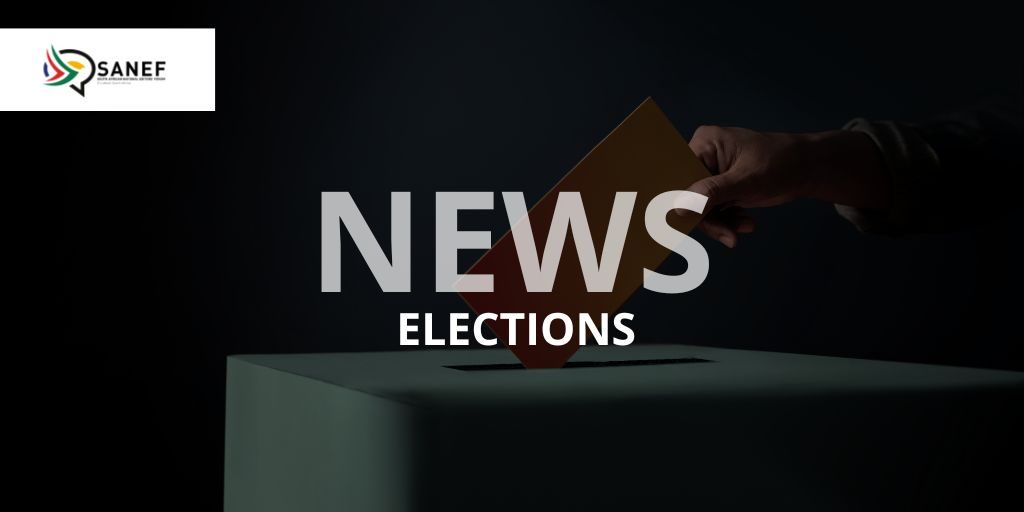Addressing Opportunities And Threats Of Social Media to Electoral Democracy
On behalf of the Independent Electoral Commission and United Nations Development Programme
Cape Town – A multi-faceted and inclusive approach is needed in order to harness
the power and to mitigate the risks presented by digital and social media to the integrity of elections.
This is one of the key issues to emerge from a four-day conference themed
‘Safeguarding Electoral Integrity in the Digital Age: Strategies for Combatting Digital
Disinformation’ which ended today in Cape Town.
Attended by nearly 200 delegates including senior representatives from over 30
election management bodies (EMBs) across Africa, election professionals and digital
media experts from around the world including representatives from the major social
media platforms, the conference was organised by the Electoral Commission of
South Africa in partnership with the United Nations Development Programme
(UNDP).
At its conclusion, the conference delegates recommended that a continental working
group be established to build on the work of the conference to develop guidelines to
govern the use of digital and social media in elections in Africa.
Ather guiding principles which emerged during the conference are that:
• A human rights approach should underpin any regulatory and normative
framework on digital media in elections
• Principles of impartiality, accountability and transparency should guide the
creation and composition of any statutory institution mandated with monitoring
digital and social media in elections
• To guard against over-regulation of digital media in elections, measures must
not erode the self-determination and identity of communities especially
marginalised groups
• There must be established a multi-level partnership at national, regional and
continental levels for coherence and maximisation of benefits of social and
digital media and risk mitigation measures to produce a draft set of guidelines.
“Over the past three days, we have noted that disinformation and misinformation is
not a new phenomenon brought about by social media. It is as old as democracy
and the news itself. But what digital and social media have done is to amplify the impact
of disinformation at many levels – including how we relate to content, how we
structure content, how we consume and the rate at which we transmit information,”
said South Africa’s Chief Electoral Officer Mr Sy Mamabolo.
“Social media is an everyday reality and part and parcel of communication and
information infrastructure. Clearly, there are advantages and disadvantages,
especially for us in elections. We must manage this new digital environment and
increase capacities and digital literacy as EMBs and as electoral stakeholders,” he
said.
Among the common challenges of digital and social media, as experienced
throughout the continent is that when used maliciously, disinformation can distort
and harm democratic and electoral processes and it also has the potential to
increase polarisation which can provide a breeding ground for democratic
backsliding and can also become a tool to reinforce authoritarianism, populism,
negative ethnicity and narrow nationalism.
The threats posed by digital media were exacerbated by a weakening of the
traditional media throughout the world and continent.
“Social media is a powerful tool at the disposal of EMBs, political parties, voters and
all stakeholders and there is a critical need to embed social media throughout the
electoral cycle. But it needs monitoring and management.
“We cannot deal with digital media as the preserve of EMBs alone. We need
collaborative efforts and partnerships, and a multi-sectoral and multi-faceted
approach at national, regional and continental levels to address the threats” Mr
Mamabolo said.
The conference identified as a key limitation the lack of guiding principles or legal
and normative frameworks to help govern the use of digital media in elections by all
stakeholders.
“This conference has laid a foundation for further work to be done in developing such
a framework for the continent which can serve as a guideline for all stakeholders.
That is our next challenge and the next chapter of this story,” Mr Mamabolo said.
Contact details for Electoral Commission:
For media queries: Please contact Kate Bapela on 082 600 6386
For media interviews: Please email requests to [email protected]
Contact details for UNDP: Rhulani Lehloka
Tel: 066 307 1827 and Email: [email protected]



